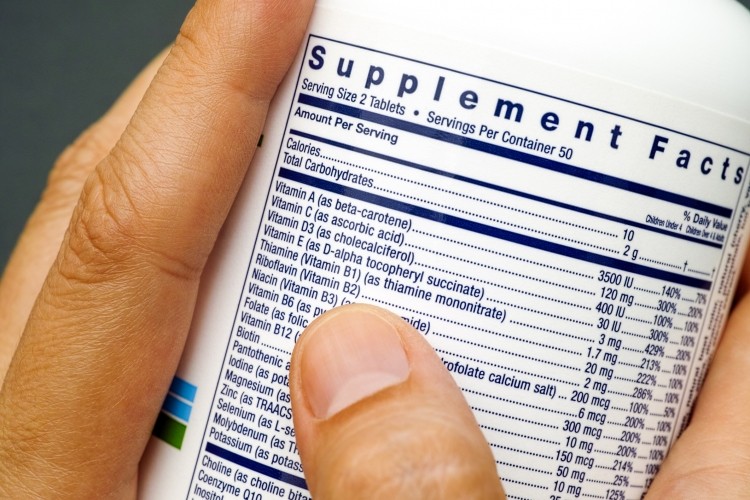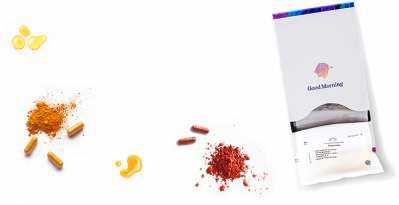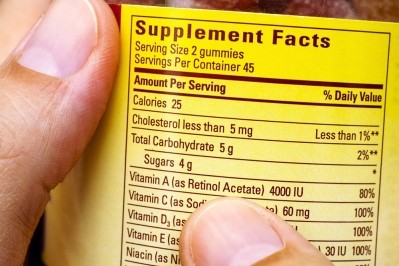Commentary
A product registry would go a long way toward weeding out bad actors

A mandatory registry for dietary supplement products going onto the market would go a long way toward settling the hash of critics who claim the industry is more about profits than it is about the health and wellbeing of consumers.
Freewheeling marketplace
A little more than 24 years ago the dietary supplement category as we know it was inaugurated by the signing of the Dietary Supplement Health and Education Act. Things could have looked much different without DSHEA, such as having higher dose vitamin and mineral products in a locked case behind the pharmacist’s counter.
DSHEA created a thriving marketplace. Consumers responded, and sent the dietary supplements category soaring in the United States. From a start of somewhere around $5 billion in sales a year (just a guess), the category has grown more than eightfold in the interim, with sales now topping $40 billion annually.
This opportunity has not gone unnoticed in investment circles. After DSHEA a flood of capital has come into the sector, both in the form of acquisitions as well as investments from private equity groups.
And, while supplements still operate under something of a cloud in the mainstream medical community, an entire alternative therapy community has grown up in the past two decades. This has created a cadre of health care practitioners well versed in nutritional approaches to health who understand the value of supplements and are willing to recommend them to their patients.
Room for bad actors to maneuver
This glow of freewheeling growth has a dark penumbra, though. One of the cornerstones of DSHEA was to resist any sort of premarket approval for supplements by regulators. The argument was since supplements were being regulated as a subset of foods, the same access to the market should apply. You don’t need to get premarket approval for a new brand of potato chip, after all.
This open market access has allowed an extraordinary effloresce of innovation across the category. Product forumlators have scoured the globe for new dietary ingredients, and have tapped into ancient herbal medical traditions to found new lines of products and whole companies. In fulfilling the market demand for well made, safe and responsibly marketed products, the dietary supplement industry has to be judged overall as a resounding success.
While that openness can be seen overall as a good thing, it has afforded less ethical players an extraordinary amount of room to maneuver.
For example, one well known dietary supplement company official spent time in prison for marketing a weight loss product based on an ingredient that had also been used as a pesticide. While facing federal charges that arose from a death associated with the use of that product, this individual was already concocting his next dietary supplement offering.
Other perhaps less extreme examples abound. Economic adulteration is made easier by the low barriers to entry. Ephemeral online marketers can appear on the scene, sell a slew of indifferently formulated and perhaps outlandishly marketed products and be gone before regulators have a chance to track them down, only to appear later under another guise. New designer stimulant ingredients seem to show up every year. The exercise becomes a game of whack-a-mole.
An influential fringe
Industry stakeholders continue to insist that these kinds of companies represent only a fringe of the industry. No argument there. But it’s a fringe with an outsized influence and one that tinges the view of the mainstream media. Regardless of the truthfulness of such a view, the perception is that DSHEA created a marketplace tailor-made for these kinds of companies to operate.
DSHEA was such a good deal for the industry that stakeholders have for years been loathe to consider any changes. Open up that can of worms and you don’t know what you are going to get, or so the argument went.
But with the huge growth in the industry, it seems the time to consider a mandatory product registry has come. Attorney Scott Bass has spoken on this topic, most recently during a debate at the CRN annual meeting in Dana Point, CA. His argument found a friendly audience, by the account of those present.
Providing a frame of reference
So often when people I meet find out I’m in the industry they want to know how they can choose the best products from the thousands that are on the shelf. The standard blandishments seem to fall short here. Only buy products from reputable companies. (Which ones are those?) Only buy products making compliant claims. (What kind of claim is that? How do I know if a claim goes too far?) And so on.
These are not necessarily bad things to recommend to consumers. But they imply I think a frame of reference that many consumers lack.
There have been some efforts already in this area. CRN’s Supplement OWL database, for example, is a laudable effort, but a voluntary one. A mandatory registration would make outliers conspicuous by their absence.
A product registry would at least give a consumer a point of reference in deciding whether a product is above board. It won’t be a cure all, but at least it will be a start, and it would help those overburdened regulators the industry is always claiming to support.









